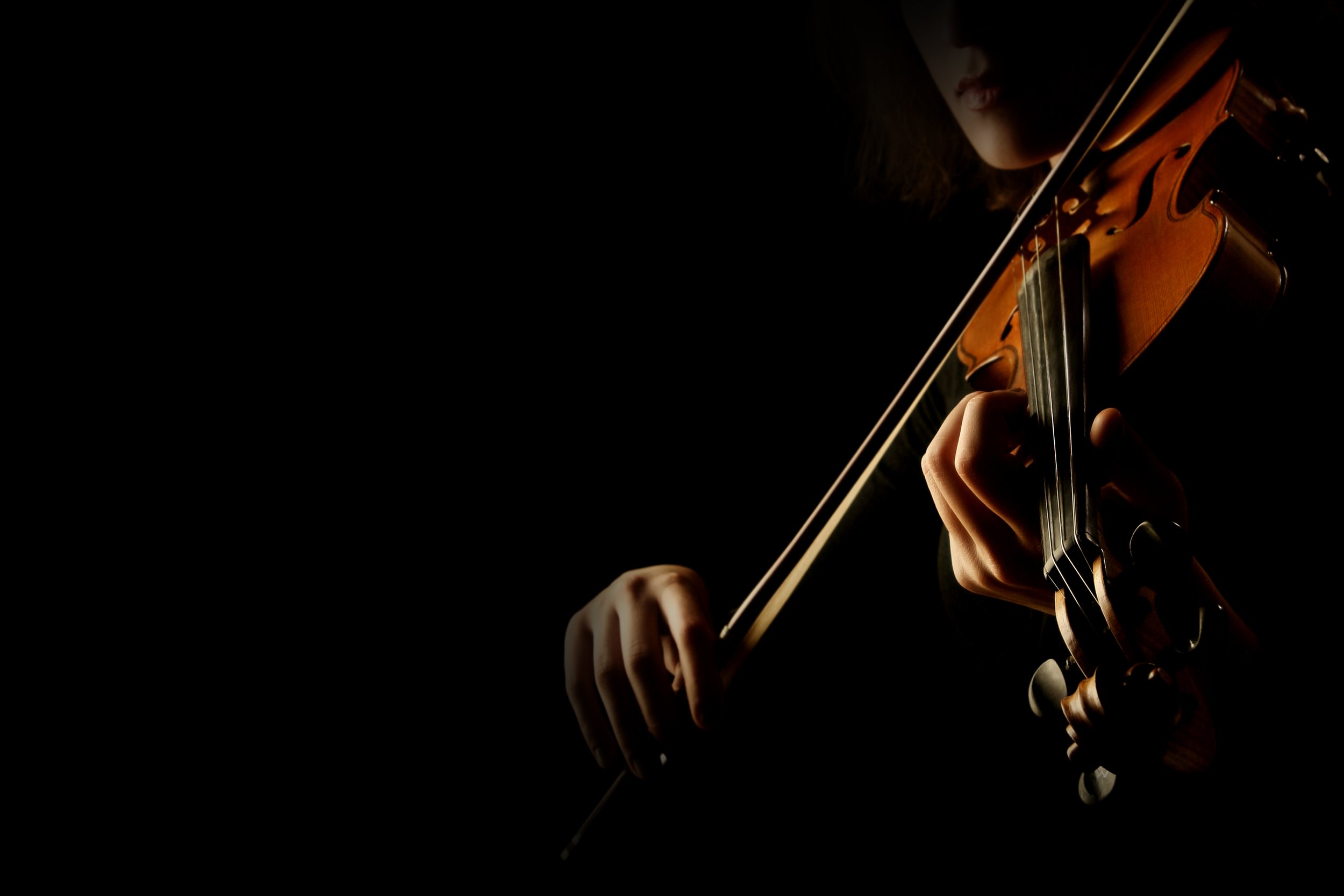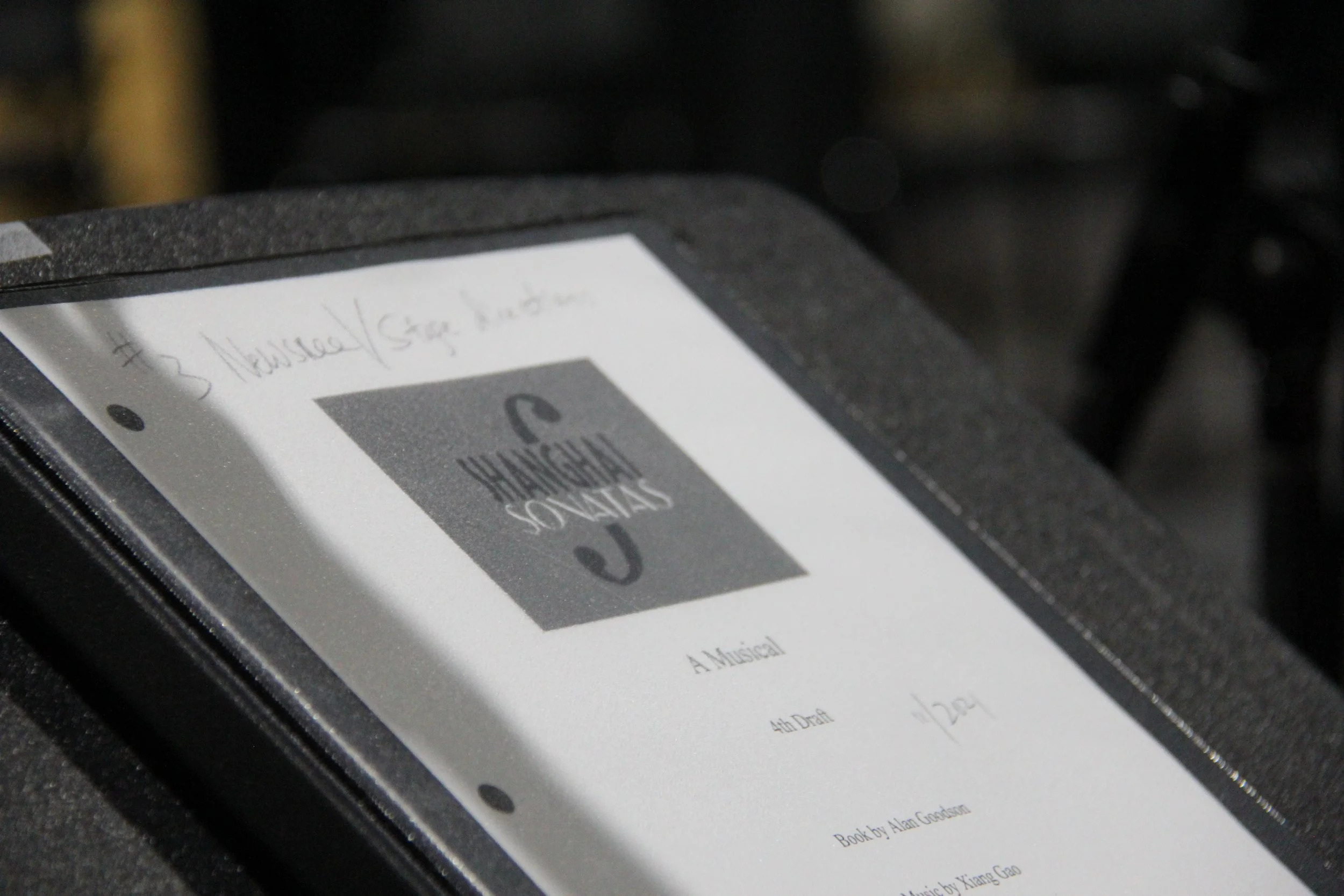
夫乐者,乐也,人情之所不能免也
“Music Produces A Kind of Pleasure Which Human Nature Cannot Do Without.”
Confucius (510 BC)
Little Vienna | The Shanghai Ghetto
The Shanghai Ghetto, officially known as the "Restricted Sector for Stateless Refugees," encompassed roughly one square mile in the Hongkou district of Japanese-occupied Shanghai. It was notable as one of the few places in the world that unconditionally accepted Jewish refugees fleeing Nazi Germany.
Following the full Japanese occupation of Shanghai in 1941, approximately 23,000 Jewish refugees were forced into the ghetto, where they remained from 1941 to 1945. The ghetto, one of the city's poorest and most densely populated areas, faced harsh conditions. Local Jewish families and American Jewish charities provided critical support, offering shelter, food, and clothing.
Over time, the Japanese authorities imposed stricter regulations, surrounding the area with barbed wire. Despite these hardships, many local Chinese residents, who endured similarly dire living conditions, remained in the area. By August 1941, the Japanese government closed Shanghai to further Jewish immigration, effectively ending one of the last remaining routes of escape from the Holocaust.
The Documentary | The Garden Bridge
The Garden Bridge is a 70-75 minute documentary inspired by the creative journey behind the new musical theater production Shanghai Sonatas. It reveals the untold story of approximately 450 Jewish refugee musicians who, after fleeing the Holocaust, found sanctuary in the Shanghai Jewish Ghetto during the 1940s. In this unlikely refuge, they taught classical music to their Chinese neighbors, a legacy that has profoundly influenced the world.
Today, seven decades later, over 60 million classical musicians of Chinese descent grace the global stage, with talents like Yo Yo Ma, Lang Lang, Ray Chen, and Yujia Wang among the finest in the industry.
Through a series of compelling interviews with Holocaust survivors and world-renowned classical musicians, The Garden Bridge offers a fresh, insightful look at the profound historical impact these Jewish refugees had on the development of contemporary Chinese classical musicianship and its far-reaching effects on the global classical music scene.
While promoting Holocaust and genocide awareness from a new and inspiring angle, this documentary is a testament to the resilience of the human spirit, the power of compassion, and the transcendent ability of music to unite people across cultures, transcending racial and historical divides.

“How wonderful it is that nobody need wait a single moment before starting to improve the world.”
Anne Frank




